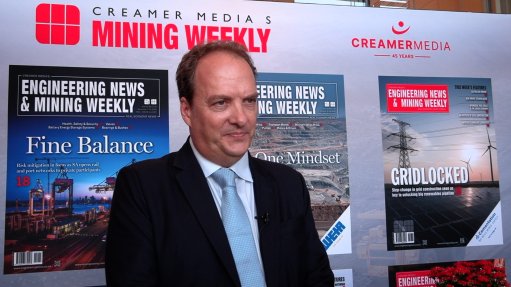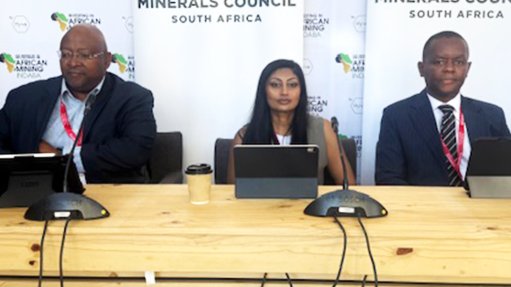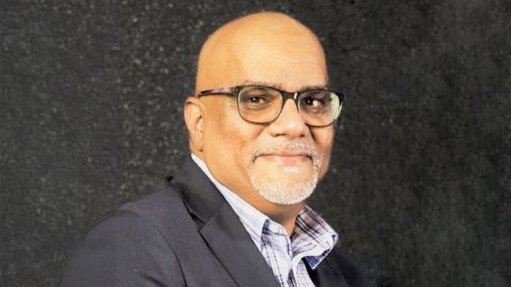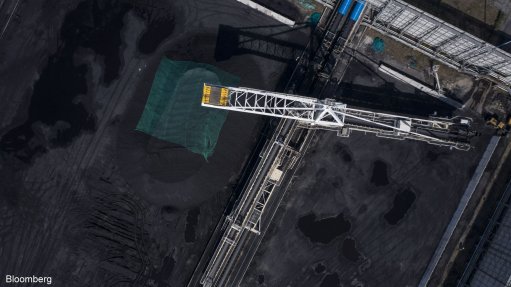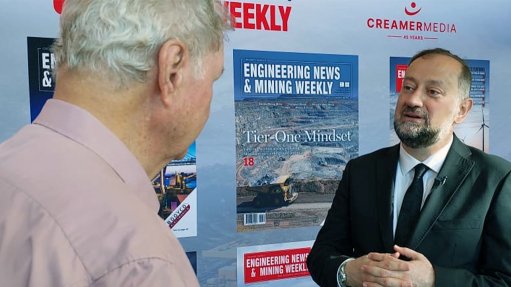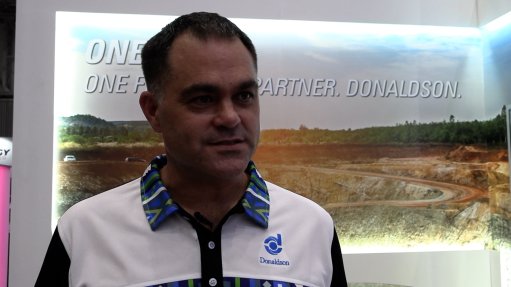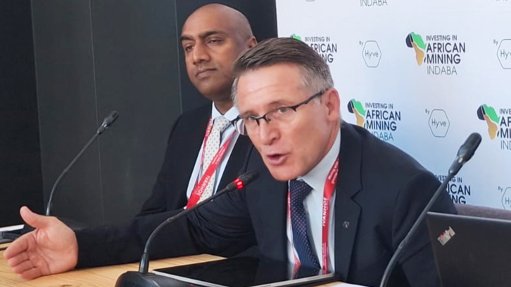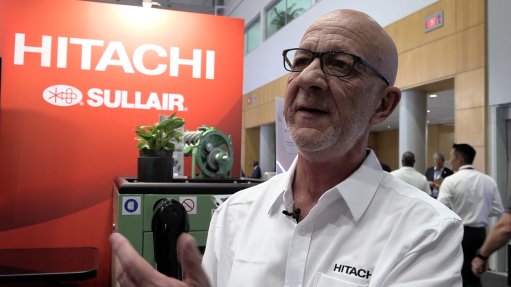Skills dearth could derail projects

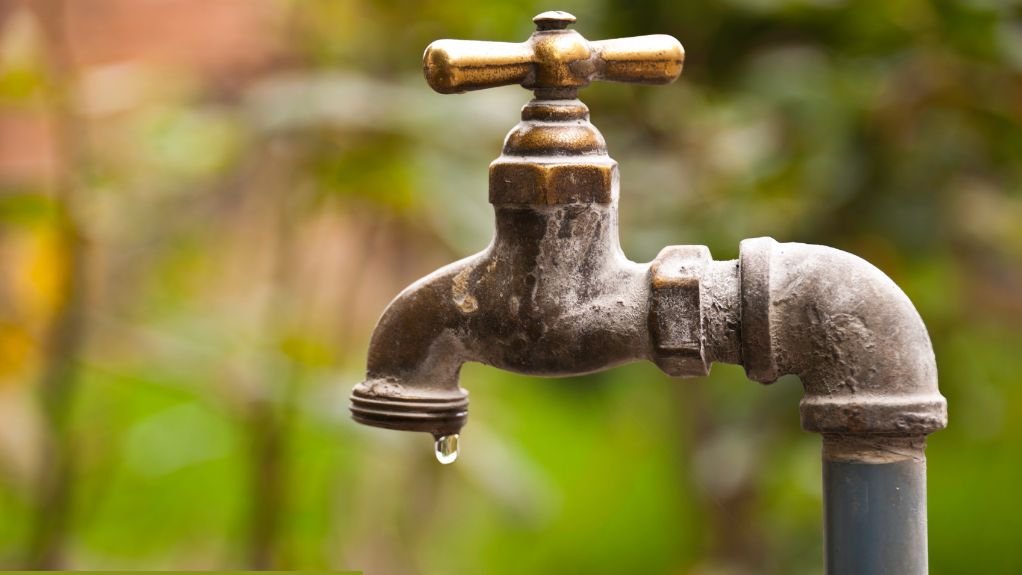
UNRELIABLE SUPPLY South Africa’s water problems are already having real consequences with millions of people living with unreliable water supply
Despite the R156.3-billion committed to water and sanitation in the recent 2025 Budget speech, water engineering experts from industry body the South African Institution of Civil Engineering (SAICE) are concerned that municipalities might lack the engineering expertise to use these grants efficiently.
This concern comes at a time when South Africa’s water infrastructure is in a serious state of decline. According to the Department of Water and Sanitation (DWS), the country needs to spend over R90-billion each year for the next ten years just to repair and upgrade existing infrastructure. This figure reflects the scale of the crisis, which affects communities, industries and the environment alike.
A major issue highlighted by the SAICE is the amount of water that is being lost. According to its recently published press release, over 40% of all treated water, supplied to more than 80% of the country, is lost owing to leaks, pipe bursts, theft or faulty meters.
The State has recognised the urgency, setting aside R23-billion for seven major water infrastructure projects. But SAICE experts warn that this amount is only a small part of what is truly needed. The organisation is urging more than just money. They are calling for skilled planning, professional oversight and long-term infrastructure management.
“In the absence of proper planning, feasibility studies and suitable technically driven procurement, such grants may be misspent or even unspent, whether on upgrading, renewal or new infrastructure,” warned SAICE advocacy committee chairperson Wynand Dreyer.
South Africa’s water problems are already having real consequences. Across the country, from Gauteng to the Eastern Cape, millions of people live with unreliable water supply. Dry taps, broken pipes and collapsing infrastructure are daily realities for many. For the poor, this is not just an inconvenience, it is a direct threat to health, education and livelihoods.
The institution believes the country, therefore, cannot afford for these funds to be wasted on mismatched skills and services.
The SAICE suggests that public-private partnerships (PPPs) can help address the shortage of skills in municipalities, but only if the early stages of each project, such as the PPP tender process, are properly planned and managed.
“To do this well, municipalities may need help from technical experts. When set up correctly, PPPs can stretch limited government funds by attracting private investment for well-structured, financially viable projects,” the institution said.
It also highlighted that support is also available from the PPP Unit and the Government Technical Advisory Centre within National Treasury, which offer free guidance. Institutions such as the Development Bank of Southern Africa and Infrastructure South Africa have also shown interest in helping with early-stage project planning, including providing skilled personnel and initial funding.
“The SAICE has identified experienced engineering personnel who are willing and able to take on short-term assignments to add capacity to these initiatives and also has wide-ranging learning programmes aimed at upskilling engineering personnel in metros and municipalities. Many of these programmes are accessible online and through self-study,” Dreyer said.
Looking ahead, SAICE believes leadership at both local and national levels must be informed and proactive. Policymakers must prioritise water infrastructure, make the right budget decisions, and take expert advice seriously.
Article Enquiry
Email Article
Save Article
Feedback
To advertise email advertising@creamermedia.co.za or click here
Press Office
Announcements
What's On
Subscribe to improve your user experience...
Option 1 (equivalent of R125 a month):
Receive a weekly copy of Creamer Media's Engineering News & Mining Weekly magazine
(print copy for those in South Africa and e-magazine for those outside of South Africa)
Receive daily email newsletters
Access to full search results
Access archive of magazine back copies
Access to Projects in Progress
Access to ONE Research Report of your choice in PDF format
Option 2 (equivalent of R375 a month):
All benefits from Option 1
PLUS
Access to Creamer Media's Research Channel Africa for ALL Research Reports, in PDF format, on various industrial and mining sectors
including Electricity; Water; Energy Transition; Hydrogen; Roads, Rail and Ports; Coal; Gold; Platinum; Battery Metals; etc.
Already a subscriber?
Forgotten your password?
Receive weekly copy of Creamer Media's Engineering News & Mining Weekly magazine (print copy for those in South Africa and e-magazine for those outside of South Africa)
➕
Recieve daily email newsletters
➕
Access to full search results
➕
Access archive of magazine back copies
➕
Access to Projects in Progress
➕
Access to ONE Research Report of your choice in PDF format
RESEARCH CHANNEL AFRICA
R4500 (equivalent of R375 a month)
SUBSCRIBEAll benefits from Option 1
➕
Access to Creamer Media's Research Channel Africa for ALL Research Reports on various industrial and mining sectors, in PDF format, including on:
Electricity
➕
Water
➕
Energy Transition
➕
Hydrogen
➕
Roads, Rail and Ports
➕
Coal
➕
Gold
➕
Platinum
➕
Battery Metals
➕
etc.
Receive all benefits from Option 1 or Option 2 delivered to numerous people at your company
➕
Multiple User names and Passwords for simultaneous log-ins
➕
Intranet integration access to all in your organisation









